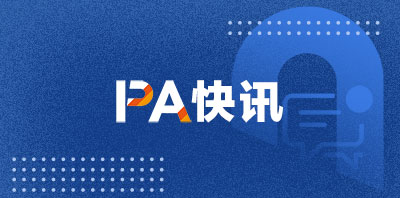Decentralized Edge AI Platform Network3 to Launch $N3 Token Trading

Decentralized Edge AI Platform Network3 to Launch $N3 Token Trading on Bybit, Gate.io, and BingX
According to official sources, the decentralized Edge AI infrastructure platform Network3 will simultaneously launch spot trading of the token $N3 on Bybit, Gate.io, and BingX exchanges on January 22, 2025, at 8:00 (UTC). This milestone event signifies a crucial step for Network3 in realizing the value of user Edge Data and computing power, injecting strong momentum into the ecosystem’s development and expansion.
Network3 is currently conducting a Pre-TGE airdrop activity, rewarding the community with 50 million tokens. Users simply need to log in to the official Network3 website and complete specified tasks to receive a free airdrop quota worth 40,000 points, which can be exchanged for $N3 after TGE. Additionally, the activity offers NFT acceleration cards to help users enhance node mining efficiency.
In July 23, 2024, Network3 successfully completed a $5.5 million pre-seed & seed round of financing, with investors including Borderless, EV3 Labs, loTeX, SNZ, Bing Ventures, Waterdrip Capital, Web3Port Foundation, and other well-known venture capital institutions.
Related News





